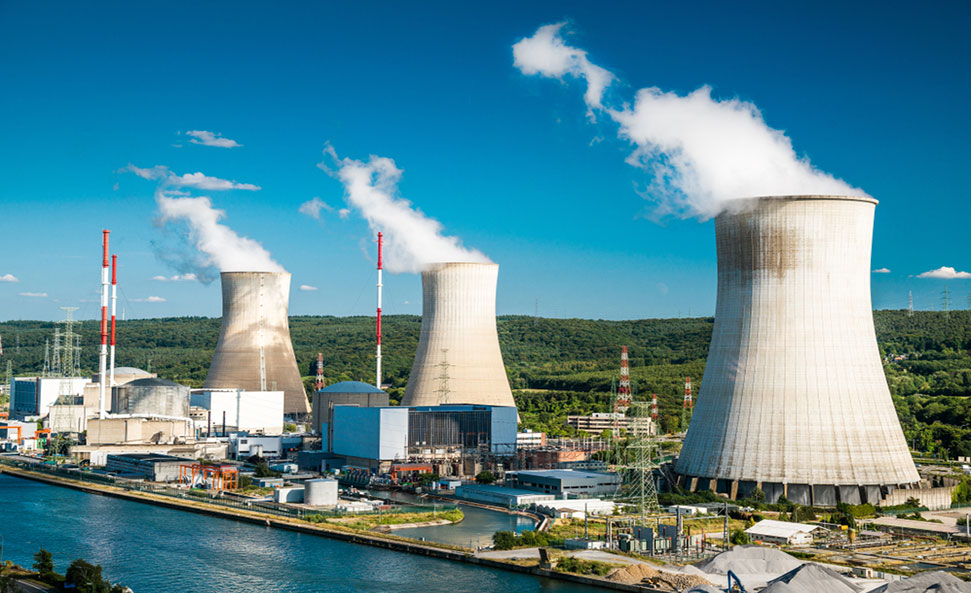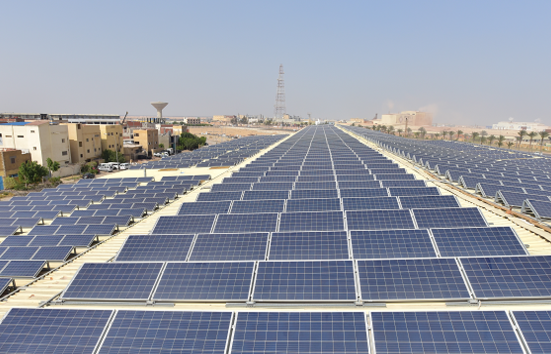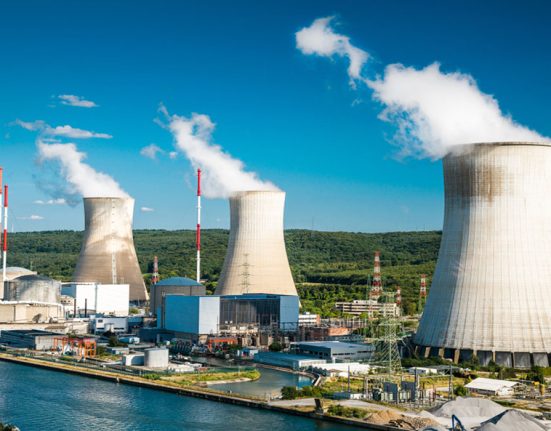China is currently constructing a total of 26 nuclear power units with a combined capacity of 30.3 gigawatts (GW), the highest in the world, according to a report by the China Nuclear Energy Association (CNEA).
Last year, China approved the development of five new nuclear power projects and began construction of five units, the report found.
According to the World Nuclear Association, air pollution from coal-fired power plants is a major impetus for China to expand its nuclear generation fleet.
China is not giving up coal, but it is betting on nuclear, too, to meet its rising power demand with cleaner energy sources.
Niger Signs $400 Million Crude Oil Deal With China
China Urged to Prioritize Green Power Investments in Africa
Many countries in the West, with the notable exception of Germany, have also recognized that nuclear power generation would help them achieve net-zero emission goals.
At the COP28 climate summit in Dubai at the end of last year, the United States and 21 other countries pledged to triple nuclear energy capacity by 2050, saying incorporating more nuclear power in their energy mix is critical for achieving their net zero goals in the coming decades.
The United States, alongside Britain, France, Canada, Sweden, South Korea, Ghana, and the United Arab Emirates (UAE), among others, signed the declaration at the COP28 climate summit.
China is not a signatory to that declaration, but it aims to develop more nuclear energy capacities to reduce emissions as its demand for electricity rises.
As of September 2023, China had 55 nuclear power units in operation with a combined installed capacity of 57 GW, and 24 units under construction with a total installed capacity of 27.8 GW, Xinhua quoted CNEA official Wang Binghua as saying. By 2060, that capacity is expected to jump to 400 GW, the official said.
According to OilPrice.com, China is also expected to approve six to eight nuclear power units each year “within the foreseeable future.”








